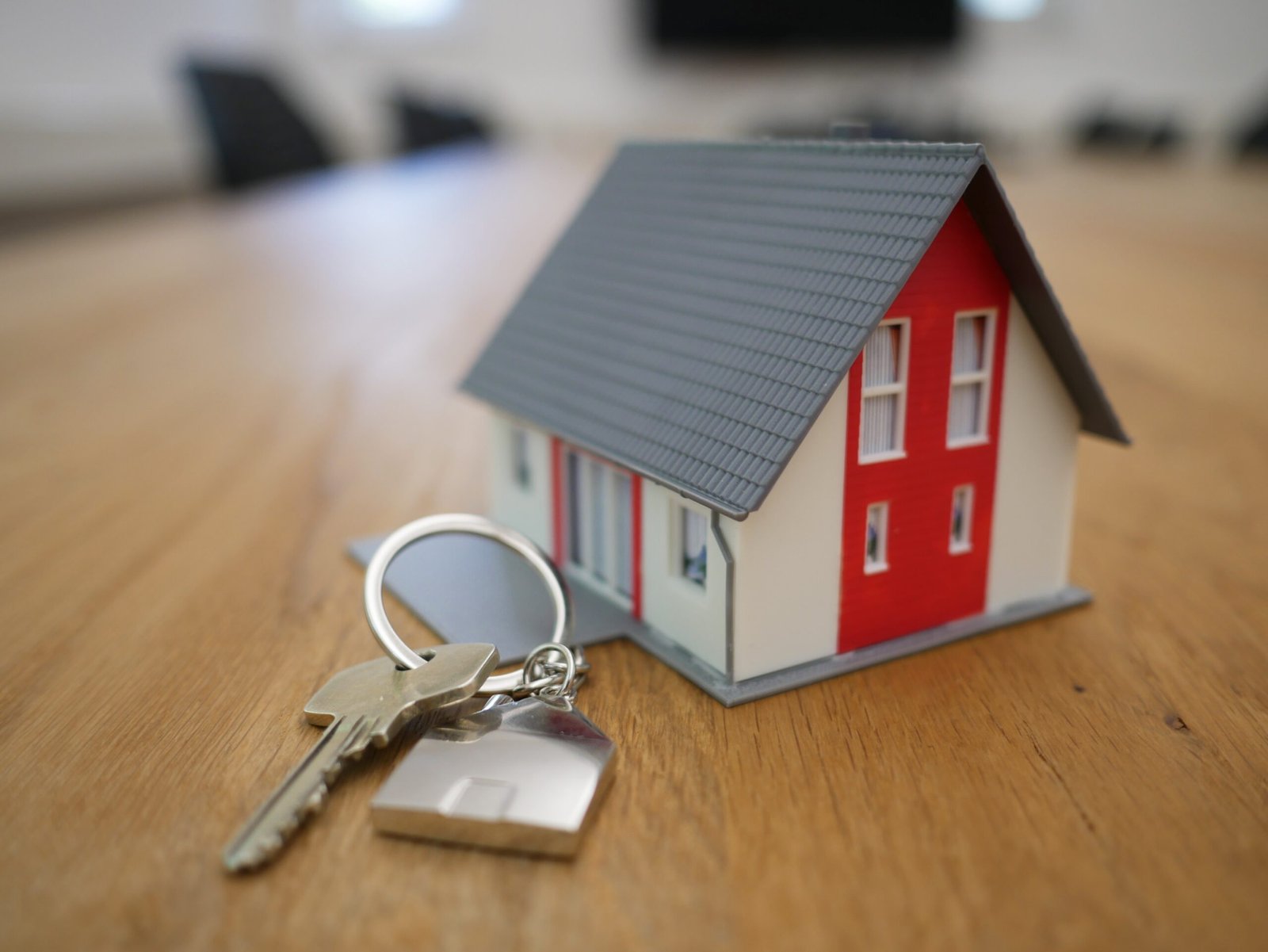Introduction
Buying a house is an exciting milestone in anyone’s life, but it’s important to be aware of the various costs involved before taking the plunge. In the UK, there are several expenses to consider beyond the purchase price of the property. This article will outline the key costs to help you budget effectively and make informed decisions.
1. Deposit
One of the first costs to consider is the deposit. This is a lump sum of money that you will need to put down to secure the purchase of the property. The deposit is typically a percentage of the property’s value, and the higher the deposit, the better your mortgage options may be. In the UK, a deposit of at least 5% to 20% is usually required.
2. Mortgage Fees
When obtaining a mortgage, there are several fees to be aware of. These may include arrangement fees, valuation fees, and legal fees. Arrangement fees are charged by the lender for setting up the mortgage, while valuation fees cover the cost of a survey to assess the property’s value. Legal fees are associated with the conveyancing process, which involves the transfer of ownership from the seller to the buyer.
3. Stamp Duty Land Tax
Stamp Duty Land Tax (SDLT) is a tax that must be paid when purchasing a property in the UK. The amount of SDLT you will need to pay depends on the property’s purchase price. There are different thresholds and rates, with higher rates applying to additional properties, such as second homes or buy-to-let investments. It’s important to factor in this cost when budgeting for your new home.
4. Survey Costs
Before purchasing a property, it’s advisable to have a survey conducted to assess its condition. The cost of a survey can vary depending on the type of survey you choose, such as a basic valuation survey or a more comprehensive structural survey. While it may seem like an additional expense, a survey can help identify any potential issues or hidden costs that could arise in the future.
5. Conveyancing Fees
Conveyancing is the legal process of transferring ownership of a property. It involves various tasks, such as conducting searches, reviewing contracts, and handling the necessary paperwork. Conveyancing fees cover the cost of hiring a solicitor or licensed conveyancer to handle these responsibilities on your behalf. It’s important to obtain quotes from different professionals and factor in these fees when budgeting for your new home.
6. Removal Costs
Once you’ve purchased a property, you’ll need to consider the cost of moving your belongings. Removal costs can vary depending on factors such as the distance of the move, the volume of items, and whether you require additional services such as packing and unpacking. It’s a good idea to obtain quotes from different removal companies to ensure you get the best value for your money.
7. Home Insurance
When you become a homeowner, it’s essential to protect your investment with home insurance. The cost of home insurance can vary depending on factors such as the property’s location, size, and value. It’s important to shop around and compare different insurance providers to find the right coverage at a competitive price.
8. Ongoing Costs
Finally, it’s important to consider the ongoing costs associated with owning a property. These may include mortgage repayments, council tax, utility bills, maintenance and repairs, and ground rent or service charges (in the case of leasehold properties). It’s important to budget for these expenses to ensure you can comfortably afford the costs of homeownership in the long term.
Conclusion
Buying a house in the UK involves more than just the purchase price. It’s crucial to consider the various costs involved to ensure you can budget effectively and avoid any financial surprises. By taking the time to understand and plan for these expenses, you’ll be better prepared to make your homeownership dreams a reality.

